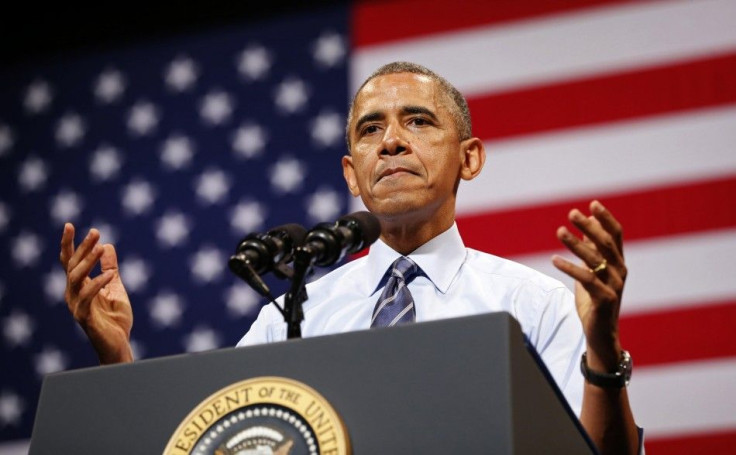CIA ‘Spy’ Asked to ‘Leave Germany’, White House Keeps Mum

Germany has expelled a U.S. official in its capital as a response to a couple of alleged spying cases against Barack Obama's government. According to government spokesman Steffen Seibert, the U.S. official was "told to leave Germany."
The American official allegedly worked for CIA while posted at the U.S. embassy in Berlin. The German government, apparently infuriated by the allegations, ordered immediate expulsion of the person representing the U.S. foreign intelligence services.
There were two arrests in the previous week that fuelled the alleged spying by German officials on behalf of the United States. A worker at the German defence ministry and a German intelligence official were arrested. The suspects have been accused of passing critical national secrets to the U.S. Central Intelligence Agency. Seibert said that such events were considered to be "very serious" by the German government as it valued "mutual trust and openness."
The government spokesman earlier issued a statement emphasising how important it was for Germany to cooperate with the United States. "It remains essential for Germany, in the interest of the security of its citizens and its armed forces abroad, to cooperate closely on the basis of trust with its western partners, in particular with the USA," he said. Berlin is "ready to offer that, and expects its closest partners to do the same," his statement said.
German officers have already started the process of searching the office and living rooms of one of the accused in Berlin as he had been accused of being involved in secret service related activities. However, the accused has not been taken in to custody at the moment.
The White House, on the other hand, refused comment on the allegations. Josh Earnest, the U.S. spokesman, said his government would remain silence on the issue to protect the national interesting of the United States. "The reason for that is there's an important principle at stake, which is declining to comment on them publicly allows for the sufficient protection of our national interests, in some cases the intelligence assets, and more generally, American national security," Earnest said.
Contact the writer: s.mukhopadhyay@ibtimes.com.au





















